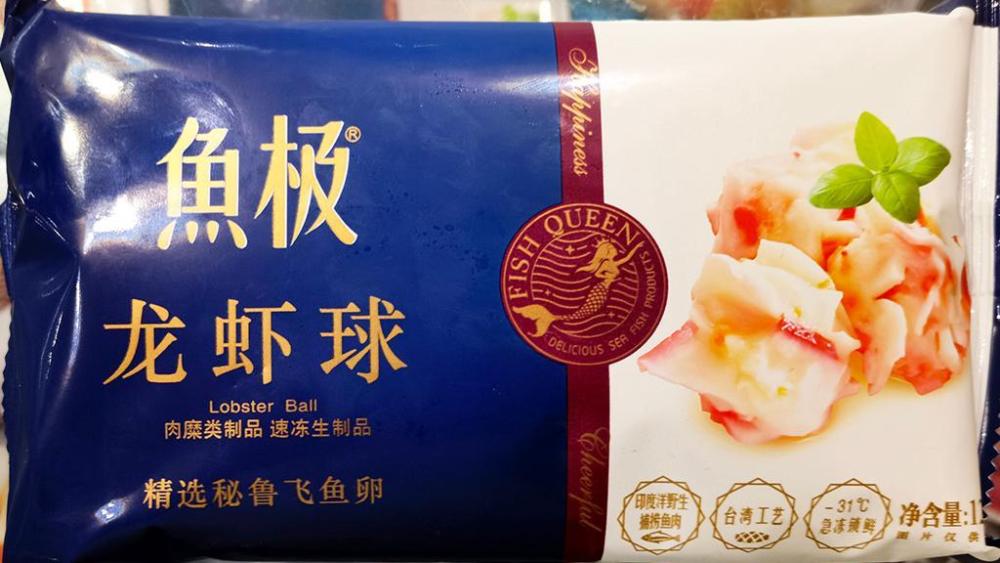1 hour ago, Kim Shook said:Doddie, who used to post here as @Domestic Goddess, introduced me to this recipe using surimi. She was from the Philippines and was living in South Korea and said that it was popular all over Asia.
Fish and pork surimi are both certainly common in Asia, but that does not necessarily equate to 'popular'. It's cheap paste usually made from otherwise unusable scraps and often with illegal additives. Then sold under misleading names.
These 'lobster balls' do not contain any lobster at all, for example. Nor do they taste anything like lobster.
Fish surimi is known in Chinese as 鱼糜 (yú mí). The first character is 'fish' while the second can be translated as 'gruel'', but also 'rotten'. To make matters worse, 鱼糜 is also a near homophone of 玉米 (yù mǐ), meaning 'cØrn'!
Say no more!





